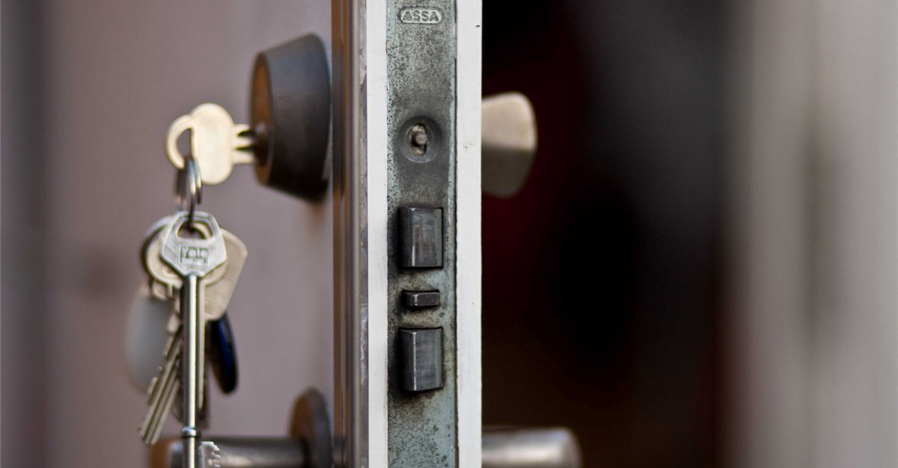
Hoteliers strive to provide a memorable guest experience.
While that means clean rooms, beautiful surroundings, great amenities and courteous staff, hoteliers must dig a little deeper and be proactive in creating and maintaining a safe and secure environment.
The issue of liability is a top concern for hoteliers. Keeping employees and guests safe from potential harm must be a top priority to avoid liability claims arising from negligence. When employees or guests suffer losses due to theft of personal property, or bodily injury or death as a result of injury or accident, a hotel’s reputation and bottom-line profitability may never recover from costly lawsuits and skyrocketing insurance premiums. With such a huge responsibility on your shoulders, ordinary safety and security measures are just a drop in the bucket, never the best option.

A comprehensive master security plan that includes security technology solutions is needed to keep physical buildings and grounds as safe as possible. Electronic key control is a cost effective security technology solution that has been used in hotel properties for decades. The key control system informs the security administrator of the location of all facility keys, who takes out the keys and when they are returned. Let’s look at three reasons why key control security technology can prevent hotel liability issues:
1. Key control maximizes accountability
Key control systems provide security checkpoints and information between assigned and authorized users of facility keys, and provide an instant audit trail. Only authorized individuals have access to the pre-programmed keys assigned to them, and these keys must be returned at the end of the shift. Alerts and email alerts alert hotel administrators when keys are overdue or when invalid user passwords are used. When keys are protected and managed and employees are held accountable for their actions, the risk of liability is reduced because the key control system is able to restrict access to areas of hotel property such as mechanical rooms, guest rooms, storage areas and computer servers Rooms where crimes and injuries may occur.
2. Key control communicates real-time information
The best hotel security technology solutions can provide, communicate and connect information instantly across departments. Key control systems, when integrated with access control and other security systems, provide an immediate larger picture of important real-time information occurring on site. At any given time, the combined security system ensures the flow of people and activities within the building and grounds. Unified key control and access control security systems collect key data and information that provides safety and security benefits by preventing or mitigating security breach events that could be potentially dangerous or life-threatening to hotel guests and employees. For example, if keys are not returned, the interoperable system will communicate with each other and deny individuals access to the building until the keys are returned.
3. Key control reduces risk and manages assets
Minimizing and eliminating the risk of internal and external threats requires security managers to “always leave no stone unturned” in responding to potential vulnerabilities and adding appropriate and creative security solutions. Internal and external threats are part of the challenges security teams face, which involve data breaches, vandalism, terrorism, room break-ins, arson and theft. To prevent access to sensitive items such as cash trays, computer hardware or safes, multi-factor authentication can be programmed into the key control system so that certain keys or key sets are not released until two to three successful logins are completed and credentials are verified. Potential liability is also reduced when assets such as personal data and personnel are protected from harm by limiting access to sensitive and private areas of the hotel.

Key control systems are a preferred security solution that maximizes accountability, safety, security and compliance for hotels and hospitality organizations worldwide.



